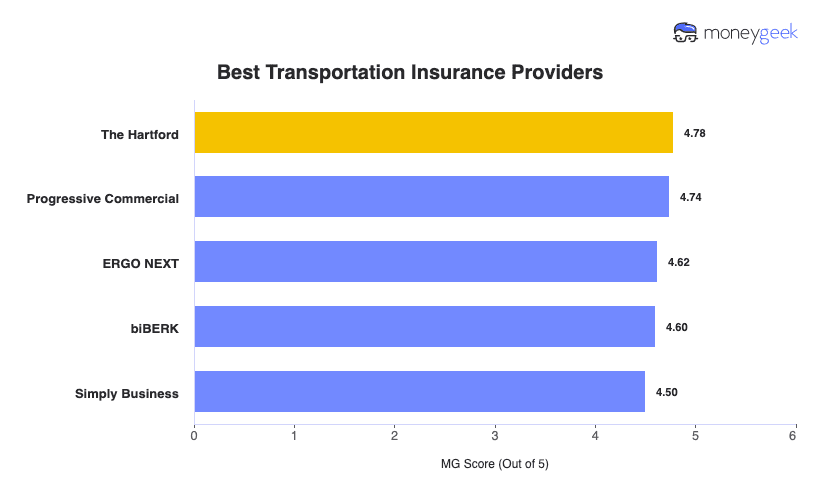Transportation business insurance refers to a tailored bundle of commercial coverage specific to this general industry including areas like trucking, couriers, movers and any other company offering the service of moving things from place to place. It provides the most important financial protection against accidents, vehicle damage, cargo loss, and liability claims that can arise during transit, often including these coverages:
- Commercial auto insurance: Covers you for liabilities caused by and property damage to your vehicles
- Cargo insurance: Covers the property that you are transporting up to a specific dollar amount
- General liability insurance: Covers you bodily injury, customer property not related to your transport vehicle's operations and any damages related to false advertising and lawsuit.
- Workers comp insurance: Protects your company for any injuries and damages to employees while on the job transporting goods or hauling.
Many components of this coverage are required for transport operations and keeps your business, vehicles, drivers, and customers protected from the most common damages.




